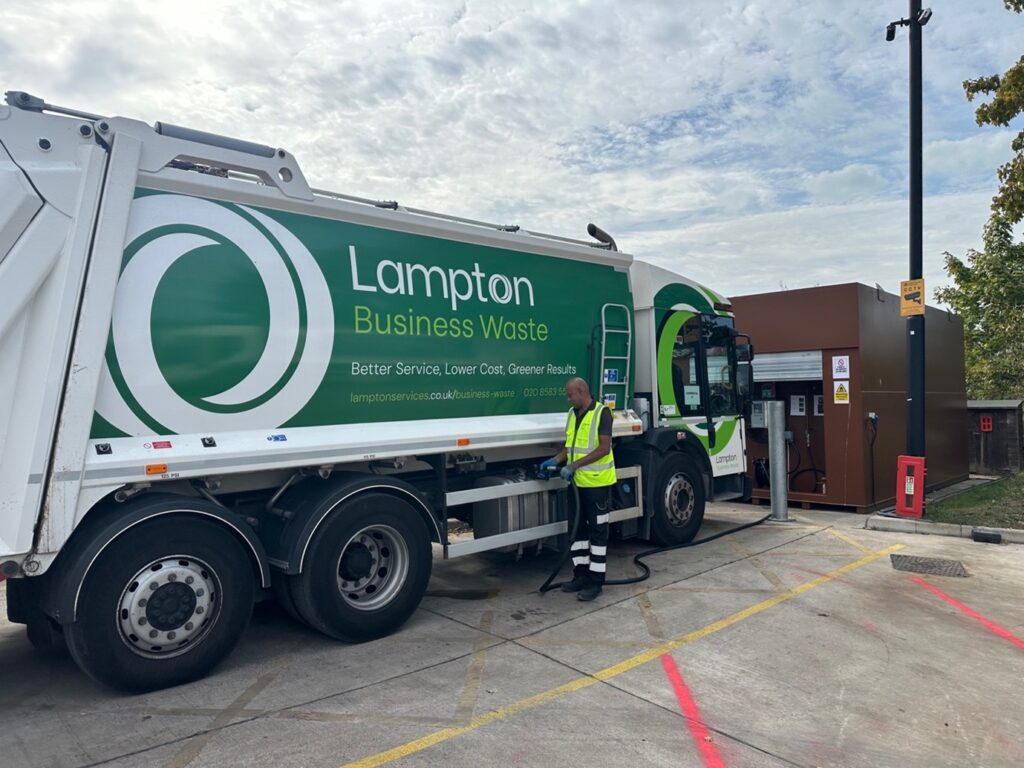At a meeting of the executive board this week (September 16), councillors recommended that the council implement the ban from next year, with a final decision to be made at a full council meeting at the end of the month.

The authority hopes that the ban will encourage more people to join the paid-for fortnightly garden waste collection service, which costs £25 per year.
Another factor is the possible incentive scheme proposed by Lincolnshire county council which would financially reward collection authorities in the county for removing garden waste from the residual waste stream, although details for this scheme have yet to be agreed.
The ban follows the council’s introduction of a £25 charge for residents wishing to use the fortnightly brown bin collection of garden waste in 2013, with 28,000 subsequently moving to the charged service in the first year. Before this time the garden waste collection service was free.
However, a council report submitted to the executive board meeting this week shows that during the first year of the charged garden waste service, garden waste tonnages fell by 2,300 tonnes from almost 12,800 tonnes in 2012/13 to 10,500 tonnes last year.
In addition, the weight of residual waste disposed of by residents increased by 1,500 tonnes last year to 21,600, with the report concluding that “as anticipated, much of the garden waste produced by people who did not join the garden waste scheme is now appearing in residual waste bins”.
North Kesteven’s black (residual) and green (commingled dry recycling) wheeled bins are collected fortnightly on alternate weeks, and residents are currently ‘discouraged’ from placing garden waste into their residual waste bins.
[testimonial id = “21” align=”right”]
EfW
The region’s residual waste is sent to FCC Environment’s £145 million North Hykeham energy-from-waste (EfW) plant under a contract with Lincolnshire county council, and the council is concerned that the increase in the garden waste element of residual waste “may ultimately have an impact on the efficiency of combustion at the EfW”.
Furthermore, the capacity of the EfW plant is limited to 150,000 tonnes, and the council report argues that the additional garden waste tonnages alongside an expected rise in household numbers will reduce the plant’s capacity.
The report also states that as composting “typically costs less than landfill or disposal at the EfW”, the additional costs of disposing the extra 1,500 tonnes of the council’s garden waste “would alone be significant”.
Introducing a ban for garden waste in residual black bins, meanwhile, will encourage the movement of garden waste up the waste hierarchy, the report argues, and will also reduce the amount of waste incinerated – and therefore emissions to atmosphere from the EfW plant.
Enforcement
The council report states that the ban would be enforceable under the S46 Environmental Protection Act 1990, which it says gives the authority powers to direct which types of waste can be placed in each bin.
This could mean that residual bins containing garden waste would be tagged in the first instance and left behind if they continue to be contaminated. Ultimately, fixed penalty noticed could then be issued to households – although the latter “would only be used on recurrent offenders”.
These powers could only be enforced once notice has been served on the occupiers, but the report states that “it may well prove necessary in the event of formal enforcement action (which will hopefully prove rare) that further service would be required at that time to minimise the risk of legal challenge”.
However, as “only a cursory visual inspection of the waste can be undertaken” when emptying the bins, the report concedes that it is “unlikely therefore that imposition of a ban would completely resolve the problem”.
The report states: “It is likely that small amounts of garden waste, hidden towards the bottom of bins, would not be detected.”
North Kesteven councillor Richard Wright, who has executive oversight for environmental matters on the council, said: “With options to pay for the convenience of having regular garden waste collections from home, to compost at home or take it to a household waste recycling centre in Sleaford, Leadenham, Whisby or Lincoln, there is really no reason for people continuing to put garden waste in their black bins alongside residual waste.
“It is only fair for all tax payers, not just the 60% who have already opted to pay for garden waste collections, that we take this step to protect resources and enhance the quality of waste services. Having heard that we were considering this move, I’ve had a number of residents call me to express their full support.”
Garden waste collected in North Kesteven is sent for open windrow composting at sites in Swinderby near Lincoln and Caythorpe.









Subscribe for free